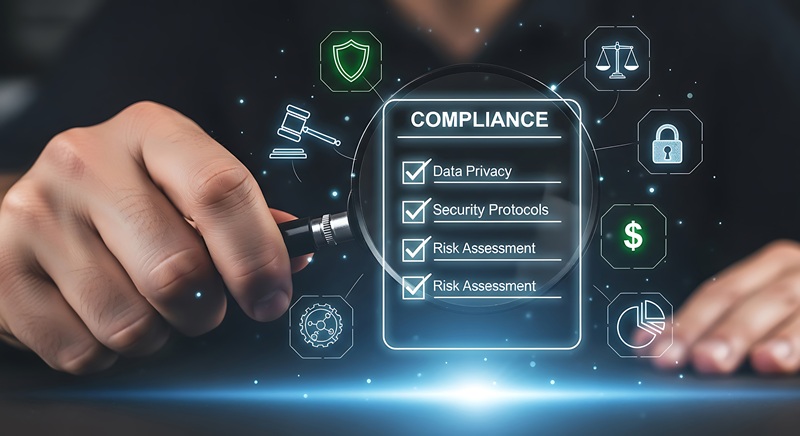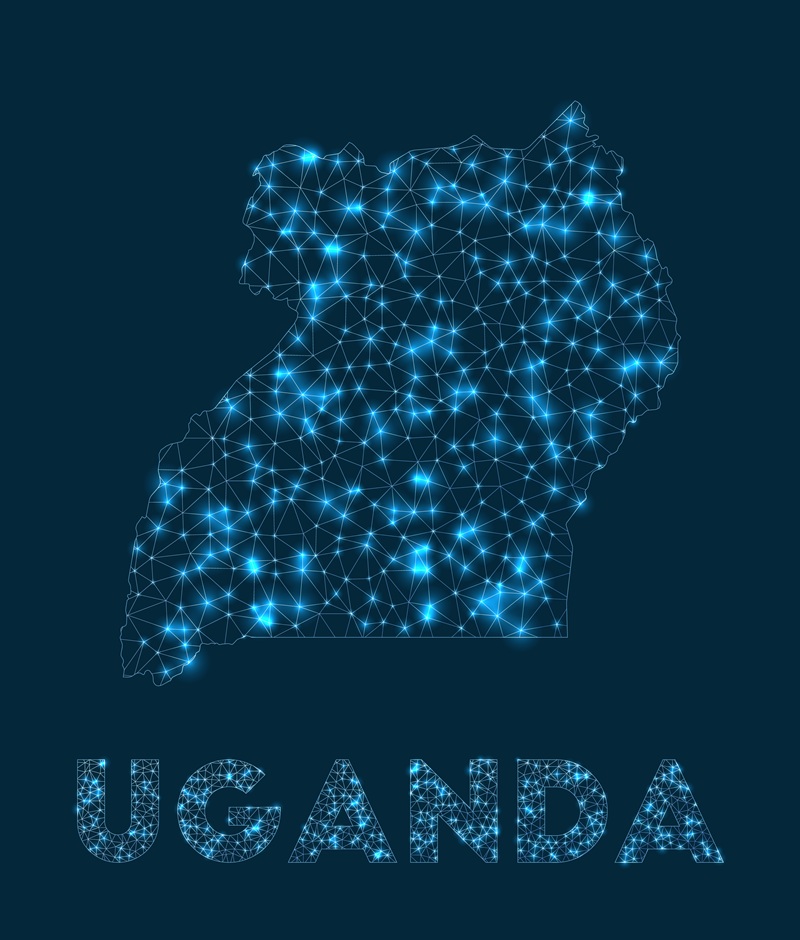By Wellington Makamure, Regional Chief Executive Officer for Southern African Region, Liquid Intelligent Technologies
In our ever-increasingly connected world, cyber security should be at the centre of every conversation. From businesses who rely on connectivity to meet consumer requirements to governments and NGOs who use it to conduct operations; to families and individuals at home browsing the internet, protection from online threats should be top of mind.
Technology has come with several benefits, but it has also opened us up to potential intrusion into our lives from criminals, who seem to become more innovative and imaginative by the day. Their activities – which can range from identity theft to distributed denial of server (DDoS) attacks, data theft to malware installation and more – don’t just affect large corporations and authorities. They can be used to destroy small to medium businesses (SMEs) and ruin the lives of basically anyone who has an online presence.
A recent report released by Interpol has thrown a spotlight on Africa’s cyber security shortcomings. The continent boasts rapidly growing mobile and internet networks. On top of that, online financial services are used more widely in Africa than anywhere else in the world – this is particularly true in Zimbabwe, where 96% of all financial transactions are conducted online.
However, due to low investment in cyber security measures and a widespread lack of understanding about the potential dangers of conducting business, administrative and personal activities online, many sectors in Africa are targets for cybercriminals – government, telecoms, education, health, finance, and SMEs among them. As Zimbabwe moves more towards being a cashless society, the finance sector is facing an increasing amount of cybercrime, including phishing and bank card cloning – both of which are on the rise.
Many businesses see IT departments as cost centres, which can lead to them being perceived as value-lacking entities. Furthermore, the number of highly skilled cyber security experts in Zimbabwe is small, and those in this sector are very much in demand overseas, which leads to a brain drain in this sector.
Liquid Intelligent Technologies (Liquid), a business of Cassava Technologies, launched its annual cyber security report last year. It lists the top four concerns around cyber security in Zimbabwe for 2021 as malware and ransomware, email attacks, social engineering, and data breaches. Despite this, the same report reveals that Zimbabwean businesses allocate limited budgets to cyber security despite the findings demonstrating that cyber security threats are indeed very real.
Simply put, ignorance and a dearth of skills surrounding cybercrime are high in Zimbabwe, and this is an issue that needs to be addressed urgently.
At the highest level, employers and officials need to rethink their perceptions about cyber security. They need to recognise the dangers cybercrime can pose to their organisations and their dependents in both the public and private sectors and move to limit them. Beyond installing measures such as secure email, firewalls for network perimeter defence, end-point-protection (anti-virus software such as Microsoft Defender) and zero-trust-networks to ensure consumers and other outside users can access information safely, they need to rethink the role of IT and partners who can help them mitigate cyber-attacks. A complete 360-degree review of cyber security is needed to increase knowledge of how to combat cybercriminals.
A crucial part of our cyber security services at Liquid is geared towards education in cybercrime awareness through simulated attacks, webinars, and tests. It’s vital to train employees and impress upon them the need to constantly update their knowledge in the world of cyber security. Every day is a school day.
It’s through educating employees that cybercrime awareness will spread to the public. Everyone knows someone who works in a business or sector where cyber security is a major concern, and they will be able to impart their knowledge to friends, colleagues, and family members. In a way, businesses (no matter how big or how small) will act as good corporate citizens in this regard, and governments and NGOs will add an extra benefit to the services they deliver. The need for cyber security in Zimbabwe is an issue we at Liquid are passionate about, which is why we are running outreach programs, education courses, free workshops, and baseline security posture assessments for customers who wish to guard against cybercrime.
Arming everyone against the possibility of cybercrime and alerting them to the methods criminals use limits the damage they can cause to the country’s economic and societal growth. It’s a trickle-down effect that results in everyone becoming more empowered.





